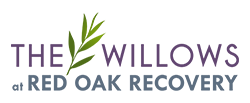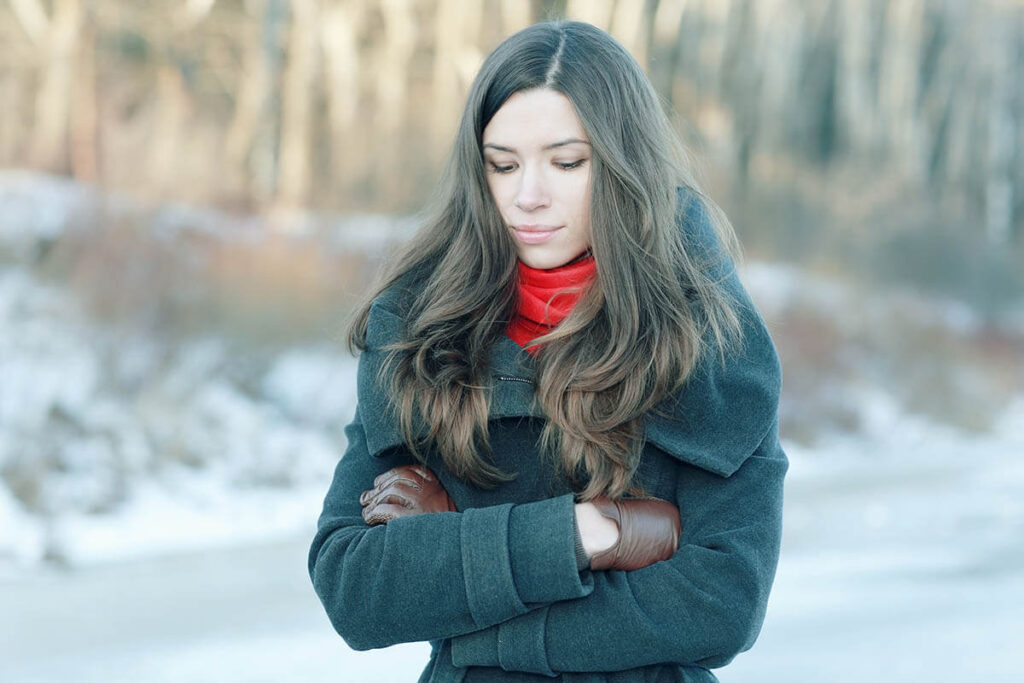If you’ve only had depression episodes during late fall and winter, you might have seasonal depression. Some people also refer to this condition as seasonal affective disorder (SAD). Seasonal depression is a type of depression that only occurs at a specific season at the same time each year.
Winter depression is the most common form of seasonal depression. It happens during the fall and winter seasons when there is not as much sunlight. Such a lack of light can leave people feeling more melancholic and depressed.
Although most people usually suffer seasonal depression during winter, it can also occur during the summer. However, this is a relatively rare occurrence. The reason for seasonal depression in the summer may be that there is too much daylight, which can cause fewer hours of sleep.
If you’re suffering from seasonal depression, please reach out to The Willows at Red Oak today at 855.773.0614.
Symptoms of Seasonal Depression
If you suspect that you have seasonal depression, a health medical professional can best diagnose your condition. Some of the common symptoms of seasonal depression can include:
- Lack of interest or motivation to have fun or perform activities that you used to love
- Fatigue even with enough sleep
- Feelings of irritation and guilt
- Change in sleeping patterns or duration
- Difficulty in accomplishing daily tasks due to a lack of focus and concentration
- Difficulty in making decisions
- Suicidal or self-harming thoughts
Common Causes
The factors of SAD could also occur in women suffering from depression. In fact, women are much more likely to be diagnosed with SAD than men. Other common causes of seasonal depression usually depend on seasonal conditions and environmental factors.
Disrupted Circadian Rhythms
Your body has an internal clock to which your body is used to for your sleep-wake cycle. How it operates adjusts to the environment around you, such as the presence of light and darkness. Such factors are used by your internal clock to regulate your sleep and mood patterns. However, due to seasonal changes, these patterns could be disrupted and affect your thoughts and behavior. The result can cause feelings of depression and lethargy.
Family History
If there exists an incidence of SAD in your family history, chances are you may experience this condition as well. Family history is a significant factor in predicting whether someone may experience SAD.
Geographical Location
Where you live is also one of the causes of SAD. This is because those who live farther north or south from the equator will most likely receive less sunlight than those near it. Exposure to sunlight is a significant factor in SAD.
Receiving less sunlight might cause isolation and loneliness. It also drives serotonin production, which is a hormone that can affect your mood and sleep. Serotonin is linked with depression, so most people with winter depression suffer where there isn’t as much sunlight.
Treatment is Available for Seasonal Depression
Seasonal depression symptoms can affect your daily lifestyle at the same time of the year over and over again. While it’s entirely not that harmful, it can be associated with other medical conditions that need treatment as well. Fortunately, SAD can be treated.
Treatments may involve the use of medications, antidepressants, and therapy sessions to improve your symptoms quickly. Some of the available programs that may help include:
- Cognitive-behavioral therapy
- Recreational therapy program
- Dual diagnosis treatment center
- Life coping skills for women
- Depression treatment program
- Group therapy
The Willows at Red Oak Recovery Can Provide Valuable Treatment
Seasonal depression needs early diagnosis and treatment to prevent it from causing problems in your personal and professional life. If you experience any of the symptoms associated with seasonal depression, you should seek help from a medical professional. Contact The Willows at Red Oak Recovery at 855.773.0614 to book your next appointment.

